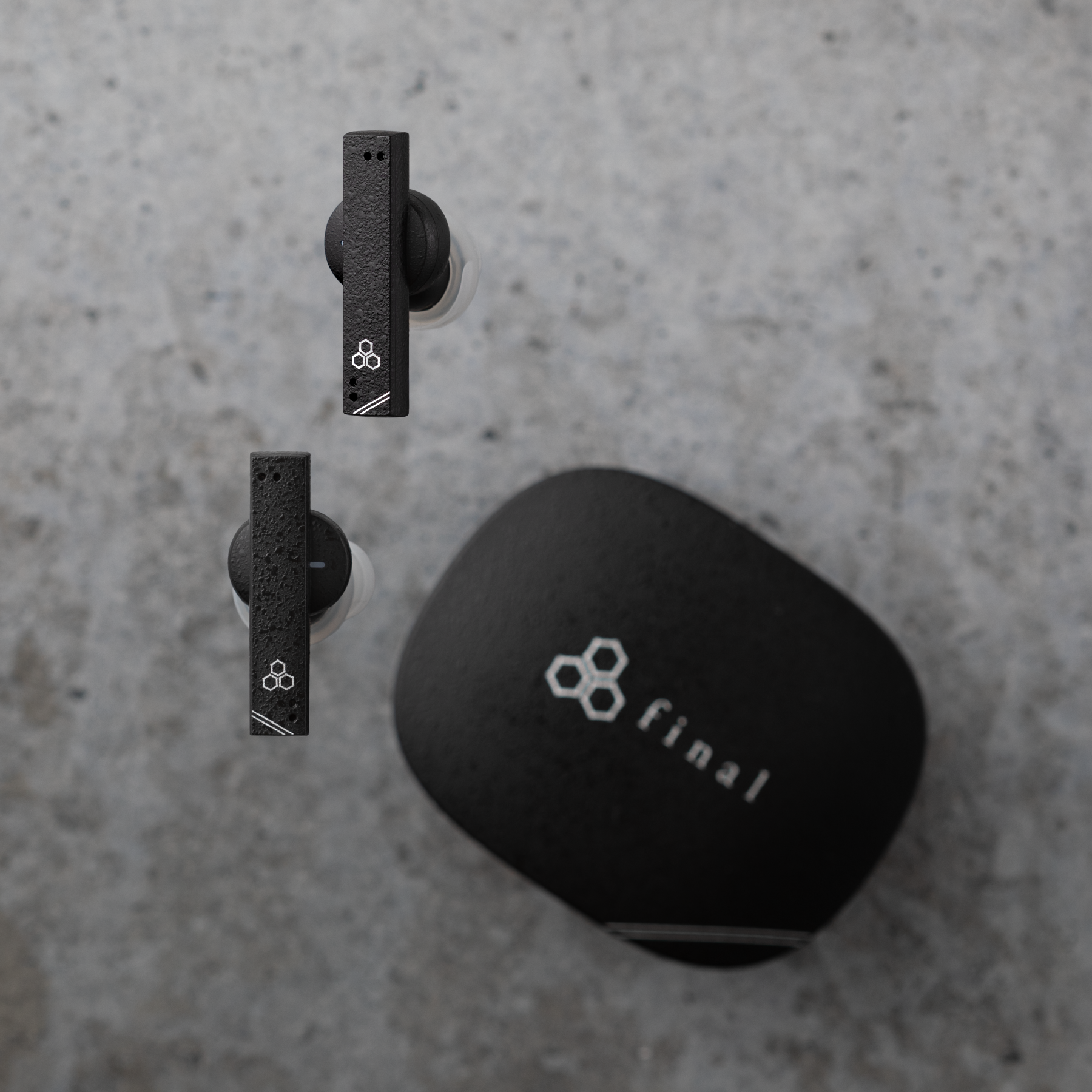This is a plan to invite people who are active in various fields related to sound, and to talk about various themes about "sound".
The first time, we talked to Dr. Kazuhiko Kawahara of the Kyushu University Graduate School of Arts and Engineering, which FINAL is currently conducting joint research. I wrote the text as it was, so I think there are some places that are difficult to read, but I think that you can feel the words of the speaker itself from the text.
I will share the story that I heard for about 4 hours into the main items. Part 2 is "I was interested in sound."
Kyushu University Graduate School of Arts and Engineering Dr. Kazuhiko Kawahara
・ Trigger who was interested in sound
・ Trigger who was interested in sound
Hamasaki: Thank you. In that sense, I have been doing practical work, work, and work on sound from university to now. How did you get interested in the sound? In the first place, if you want to be going to enter the art, please talk.
Kawahara: To prepare for this interview, I remembered when I was interested in the sound. Actually, I did not enter the musical instrument like a student in the recent acoustic design course and acoustic design department, in my case. It seems that the disassembly of mechanics and machines was broken, disassembled, and could not be restored. That's why I don't remember when I was in elementary school, but I was sure I was in elementary school. Perhaps I was in the second or third grade, but I got a gakken electronic block for Christmas, birthday gifts or something. What is it? This was completely different from what I wanted at the time. However, if you look at the instructions and parts, you will be on a radio or a buzzer. What is this? That's why there seems to be an electronic circuit, and there seems to be an electronic engineering, so even if you read various electronic engineering manuals from corner to corner, there is no such explanation. This part is only a transistor, this part is a diode, and I wonder what it is and want to know a little more. I thought that there would be such a magazine for a child's science or a first -class radio, so I bought it at a bookstore and subscribed. Apparently, the first radio is not a radio program, but a radio machine, so I often read a lot of radio and radio engineering, but I often don't understand. Then, I was interested in so -called radio waves and got an amateur radio license. I happened to have a new public hall in the area, and I don't know if there was a person who told me if I made a radio, but I was looking for children, so I was looking for a study session once a week. It was said that a license was needed to enjoy amateur radio first, so I went to such a study session. So, like communicating. In high school, there was no radio club, but in the physics department, I assembled and remodel amateur radio, various circuits. Among them, I think there was an audio article on the audio, perhaps on the first radio. Not only wireless, but there are various types of audio amplifiers, there are new products and new technology, and speakers are studying that speakers are like this. I bought a special feature and read it. At that time, it was difficult for me to put out the amateur radio on the circuit, but what I did in high school students was to make an antenna. So, I bought a long electric wire, sneaked around on the school building, and it was a synchronization of various antennas, resonance. Actually, I posted an antenna article I made in a magazine called CQ Ham Radio. Somehow, I thought it would be difficult to actually experience the radio waves, but I thought it was interesting because it was a frequency that sounds like an audio. Under such circumstances, when I was given a list of undergraduate schools and departments at national universities at the course guidance, I was distributed at the grade rally, and when I was turning over, there was a department of acoustic design, Kyushu University of the Arts, and "What? I thought, "I'm different from other departments." And even if you look up, there is no Internet at the time, so I don't know much. That's why I felt like I took the exam with a feeling of gambling and studied sound.
Hamasaki: Did that electronic block give a gift from your parents?
Kawahara: Yes.
Hamasaki: Did your father, for example, a science or an electronic engineering? Or, parents looked at the teacher who disassembled the machine, and this child would be interested in this.
Kawahara: I don't remember why it became an electronic block at the time. I've never heard of it. My father worked for a broadcaster and was a photographer. It seems that he was also familiar with technical people. Probably, I think that the technical system told me "this kind of bai". I have met a few times when I was a child. Indeed, it is assembled with parts in the cardboard box that suddenly appeared in front of me. Of course, because it is a block, it can be disassembled. In that sense, I can't ask what my parents intended. I have never heard of it.
Hamasaki: But it's a big trigger.
Kawahara: That's right. Without this, you might not have been interested in electronic circuits.
Hamazaki: Maybe at that time, something triggered me and my interest was decided.
Kawahara: Yeah. So if you make a mistake in parts, it will sound a different height, buzzer. That's why I changed it and did that. The sound is not sounding because the circuit is wrong, so I experienced such an analog circuit debugging.
Hamasaki: At that time, when the teacher entered college, wasn't the synchronous student at a new student in the days when there were so many people who were doing music so much?
Kawahara: I guess it was about half and half. Probably, if I happen to be a high school student in Fukuoka, I still want a high school teacher or a preparatory school teacher to go to Kyushu University. When I said that I would be at Kyushu University of the Arts, I was told, "Why?"
Hamasaki: Everyone is told. It is always said that why for what reason is going to such a strange university.
Kawahara: It's not because I was a relatively physics department. But because I was a physics department, I studied physics so hard. Good at relatively good. When I was a ronin, I achieved the average score of the common primary test, and so there was such a thing. If you do your best, why do you go to Kyushu University of Engineering? How do you go to Kyushu Art Institute of Arts? It's like an expression. Even if parents could persuade, how to persuade the career teacher's teacher was like the biggest task. Our classmates.
>> Read more: Vol.1-3 "What is the acoustic design that Kyushu University of the Arts, Kyushu University University of the Arts Engineering?"





